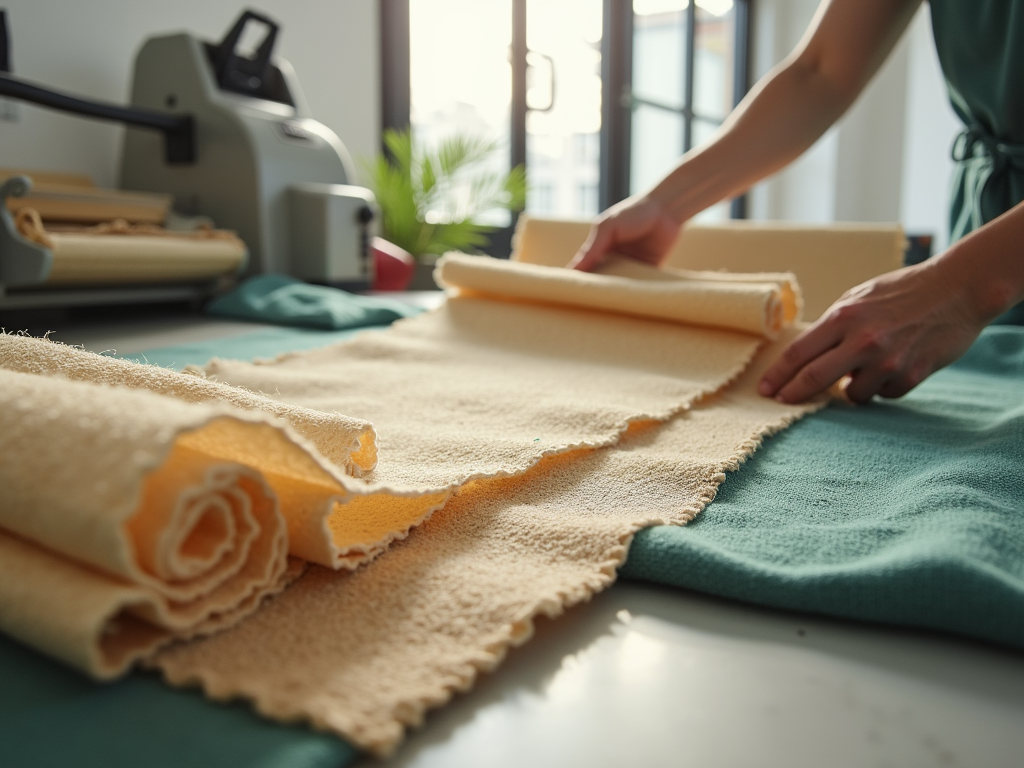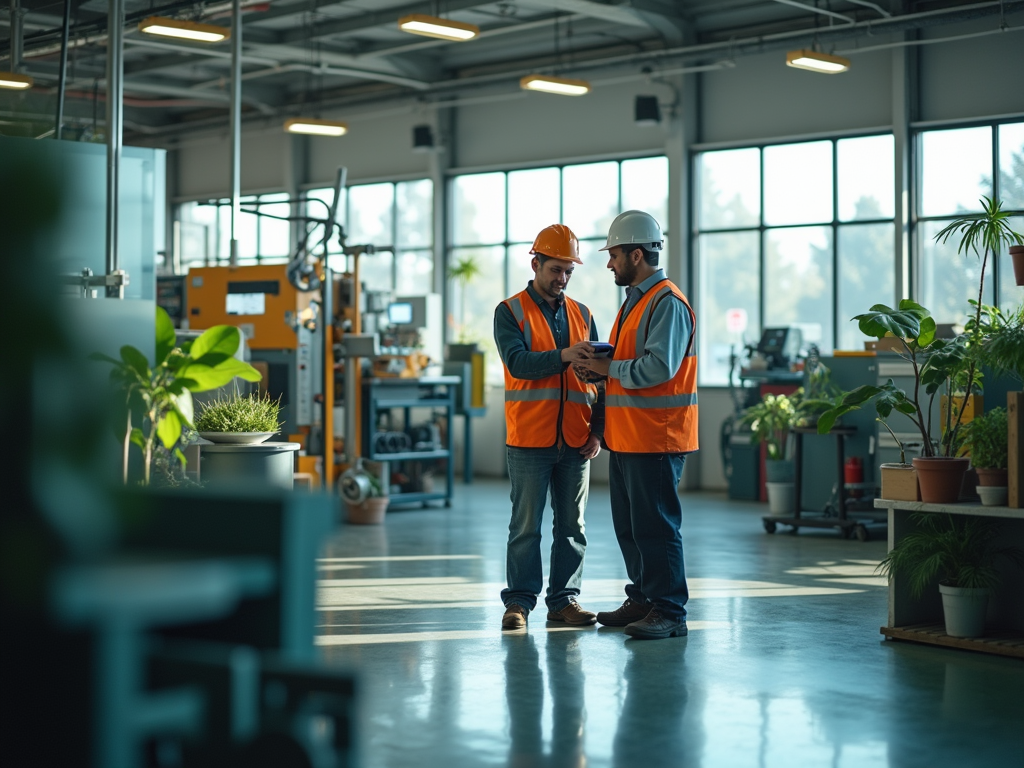As the world increasingly prioritizes sustainability, Dubai is emerging as a key player in sustainable manufacturing, drawing a wealth of investment opportunities. The main topic of this article revolves around how Dubai’s strategic initiatives, government policies, and technological advancements are reshaping its manufacturing sector to focus on sustainability. This article will explore current trends, strategies adopted by businesses, and the overall impact of these developments on the economy of the UAE.
Understanding Sustainable Manufacturing in Dubai

Sustainable manufacturing refers to the creation of goods through processes that minimize negative environmental impacts while conserving energy and natural resources. In Dubai, sustainable manufacturing is not just a trend; it has become a cornerstone for economic planning and development. The government has introduced various initiatives aimed at promoting environmentally friendly practices within the manufacturing sector. Here are some key principles driving sustainable manufacturing in Dubai:
- Reducing carbon footprints through efficient resource management.
- Implementing circular economy principles to minimize waste.
- Investing in new technologies that support sustainable practices.
- Enhancing workforce skills in sustainability-related fields.
- Encouraging collaboration between businesses and educational institutions.
Government Initiatives and Policies

The government of Dubai has recognized the importance of sustainability and has taken significant steps to integrate it into the manufacturing landscape. Key policies and frameworks include the Dubai Industrial Strategy 2030 and various regulations aiming to reduce emissions and waste. These initiatives facilitate investments in green technologies and promote the use of sustainable materials. Moreover, the Dubai Clean Energy Strategy 2050 aims to make the city a hub for clean energy and a global leader in sustainable manufacturing. The primary initiatives include:
- Subsidies for renewable energy projects.
- Tax incentives for businesses adopting sustainable practices.
- Funding for research and development in sustainable technologies.
- Partnerships with international firms to foster innovation.
- Public campaigns aimed at increasing awareness of sustainable practices.
The Role of Technology in Sustainable Manufacturing
Technology plays a vital role in advancing sustainable manufacturing practices in Dubai. With the rise of Industry 4.0, manufacturers are leveraging technologies like IoT (Internet of Things), AI (Artificial Intelligence), and blockchain to enhance efficiency and transparency in production processes. Smart factories are becoming a reality, where data analytics help in predicting maintenance needs, reducing waste, and optimizing energy consumption. Additionally, innovative technologies enable the use of sustainable materials, which are vital for reducing environmental impact. Ultimately, technology not only enhances sustainability but also improves competitiveness in the global market.
As the demand for sustainable products rises, so do the investment opportunities within Dubai’s manufacturing sector. Investors are increasingly looking at startups and established companies that prioritize sustainability in their operations. Key areas for investment include:
- Renewable energy solutions and associated technologies.
- Recycling and waste management systems.
- Development of sustainable packaging materials.
- Energy-efficient manufacturing processes.
- Green logistics and distribution services.
By investing in these domains, stakeholders not only contribute to environmental sustainability but can also reap considerable financial returns as consumer preferences continue to shift towards greener alternatives.
Conclusion
Dubai’s commitment to sustainable manufacturing is paving the way for a greener future while simultaneously offering notable investment opportunities. The proactive role of the government, combined with technological advancements and a growing market for sustainable products, positions Dubai as a leader in sustainable manufacturing practices. Investors who align their strategies with these trends stand to benefit greatly from the transformation of this sector. With the global focus on sustainability intensifying, the outlook for Dubai’s sustainable manufacturing landscape appears promising, shaping a resilient and eco-friendly economy.
Frequently Asked Questions
1. What are the key trends in sustainable manufacturing in Dubai?
The key trends include the adoption of green technologies, increasing investment in renewable energy, and a growing focus on waste reduction and resource efficiency.
2. How does the Dubai government support sustainable manufacturing?
Government support comes through various initiatives, including subsidies, tax incentives, and regulations that promote clean energy and reduce emissions.
3. What technologies are being used in sustainable manufacturing?
Technologies such as IoT, AI, and blockchain are being utilized to enhance efficiency, decrease waste, and improve the sustainability of manufacturing processes.
4. Are there specific sectors in sustainable manufacturing that investors should target?
Yes, potential sectors include renewable energy solutions, recycling systems, sustainable packaging development, energy-efficient processes, and green logistics.
5. What is the impact of sustainable manufacturing on the economy of Dubai?
Sustainable manufacturing not only helps reduce environmental impact but also drives economic growth, creates new job opportunities, and enhances the overall competitiveness of the manufacturing sector.
